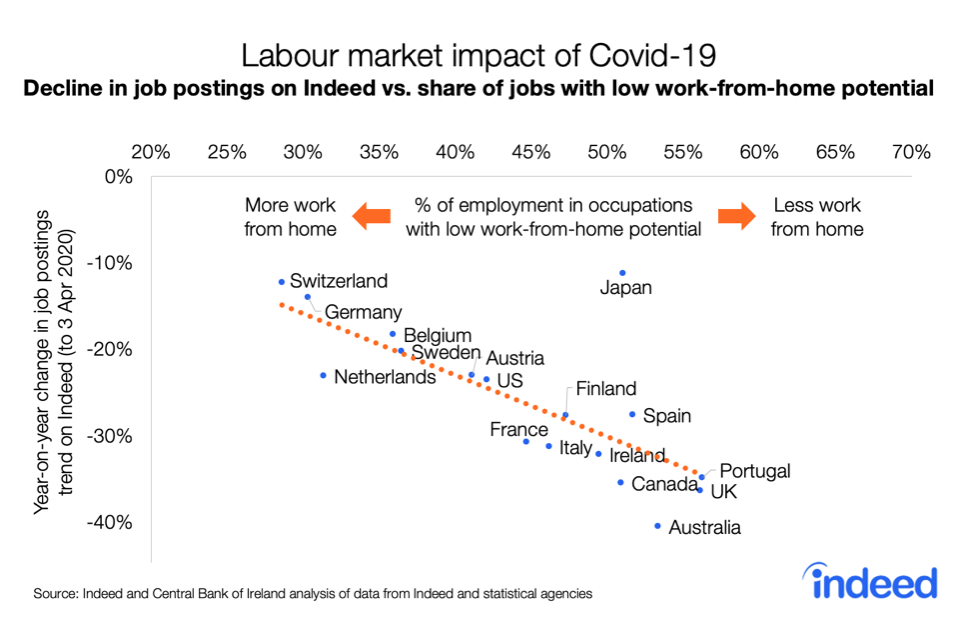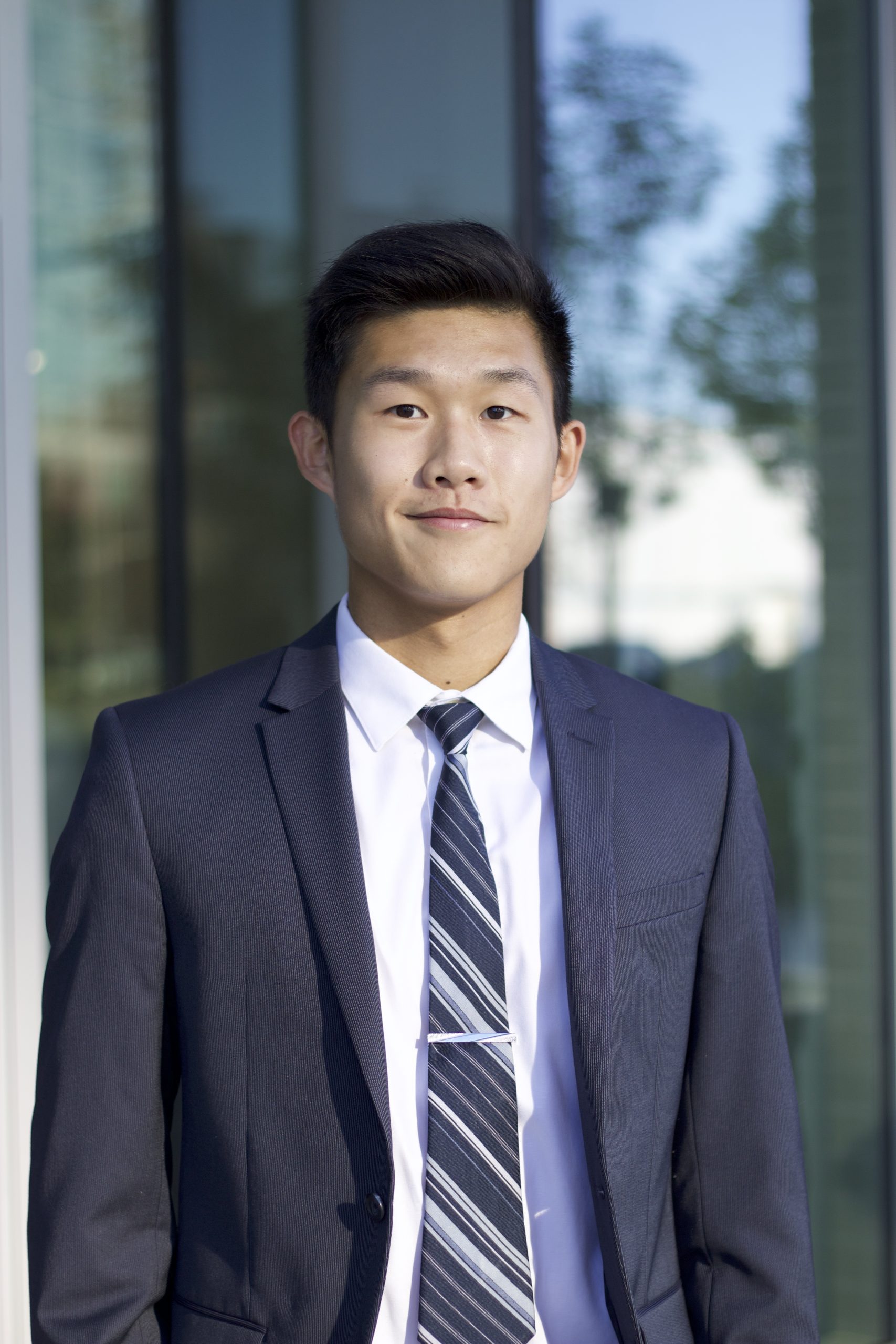Hello Classmates,
As the course English 301 Technical Writing comes to an end, I will reflect on some important lessons learned throughout the semester below.
Taking this class coincided with an unprecedented time for not only students, but for the rest of the world. The summer of 2020 was characterized by a global pandemic and unemployment numbers breaking previous records. The workforce has become increasingly competitive, as recent graduates and tenured employees all experienced the effects of closed stores and a decreased demand for goods and services. This course has provided myself with increased confidence to enter the workforce despite all these apparent barriers. I learned to think critically, conduct a variety of research techniques, and write in different styles to appeal to unique audiences. While the delivery of this writing may vary from paper writing to online content, the fundamentals remain the same: to convey nuanced messages to my readers without a need for assumptions.

The world’s labour market in decline, from indeed.com
Additionally, I am thankful for my team, the Ramblers, and for Dr. Erika Paterson for always providing me with constructive criticism. One of the strength of my learning process was that I was always more than happy to accept any sort of feedback and implement it into my work. My team’s feedback enabled me to think about writing in different ways and ensured my writing was error-free. One of my weaknesses that was evident in my earlier assignments, was my inability to see a third party perspective. For example, studying at business school and working at a bank desensitized me to financial lingo. During the technical definitions assignment, I realized after my classmate’s peer review I had to break down certain jargon in order for a non-technical audience to fully comprehend my definition. As a group, we were always prompt in our response to each other’s questions, which was incredibly motivating. They also allowed me to learn a thing or two about their chosen industry in Computer Science!
Finally, I was thankfully able to engage with a digital era that was bound to come. Taking English 301 Technical Writing online allowed me to foreshadow the upcoming school term, and very likely our future workplaces. The pandemic was a catalyst that forced companies and individuals to transition to online services, and beginning to familiarize myself with content creation and learning online is undoubtedly an essential skill for the future. I am certain that the skills that were acquired in this class will assist me in the rest of my education at the University of British Columbia, and in my new career prospects.

